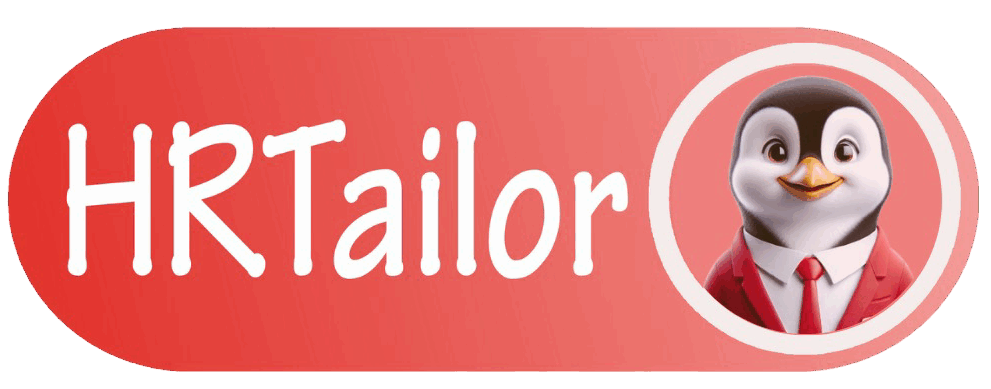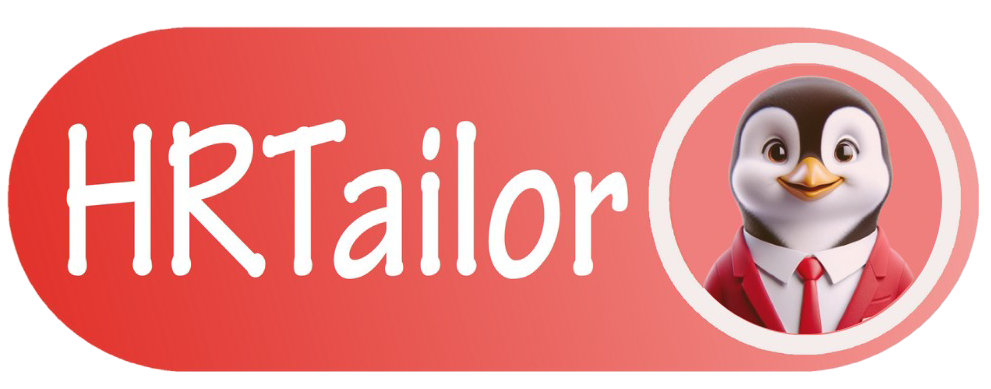
Cloud-Based vs On-Premises HRMS: Pros and Cons You Need to Know
When it comes to managing your company’s workforce efficiently, choosing the right HRMS systems can make or break your HR processes. Two major players in this game are cloud-based HRMS systems and on-premises HRMS systems and deciding between the two isn’t always a walk in the park.
This blog breaks down the pros and cons of both systems so you can confidently determine which solution will align with your organization’s goals and challenges. Whether you’re a growing startup or an established enterprise, this guide has got you covered.
What’s the Difference Between Cloud-Based and On-Premises HRMS Systems?
Before we dive into the nitty-gritty, let’s define the two systems.
Cloud-Based HRMS Systems: These solutions are hosted on the vendor’s servers and accessed via the internet. Think of it as “software as a service” (SaaS). You pay a subscription fee, and updates, maintenance, and data storage are all handled externally.
On-Premises HRMS Systems: These are installed and operated on your company’s own servers and infrastructure. You’re in full control of the software and its associated responsibilities, like updates and data security.
Now that we’re clear on the basics, let’s jump into the pros and cons!
The Pros and Cons of Cloud-Based HRMS Systems
Pros
Cost-Effective
- With a pay-as-you-go model, there’s no need for hefty upfront costs for hardware or installation. It’s perfect for small to mid-sized businesses.
Scalability
- Need to add more users or features? No problem. Cloud-based HRMS systems grow with your company, offering unparalleled flexibility.
Accessibility
- Work from anywhere, anytime. Employees and HR teams can log in remotely, which is a game-changer for hybrid and remote workplaces.
Automatic Updates
- Forget about manual upgrades! The vendor handles updates and ensures your system always runs on the latest version.
Data Backup & Recovery
- With data stored in the cloud, you’re less likely to lose valuable information during disasters like hardware failures or cyberattacks.
Cons
Recurring Costs
- While the initial cost is lower, subscription fees can add up over time, especially as your company grows.
Dependency on Internet
- No internet, no access. Downtime or slow connections can disrupt your HR operations.
Security Concerns
- While most vendors offer robust security measures, you still need to trust a third party with sensitive employee data.
Limited Customization
- Customizing cloud-based HRMS systems to fit specific business needs can be tricky since you’re often restricted to what the vendor provides.
The Pros and Cons of On-Premises HRMS Systems
Pros
Full Control
- You own and manage the software, so customization options are practically endless.
Enhanced Security
- Since your data stays on your company’s servers, you can implement as many security measures as you want. This is especially beneficial for industries handling sensitive information.
One-Time Cost
- Although the initial setup is expensive, there are no recurring subscription fees – a long-term advantage for large organizations.
Offline Availability
- Unlike cloud systems, on-premises HRMS systems don’t rely on internet access.
Cons
High Upfront Costs
- Hardware, installation, and ongoing maintenance can be a big financial commitment.
Limited Scalability
- Expanding your system requires additional investment in infrastructure and may take time.
Maintenance Burden
- You’ll need an in-house IT team to handle system updates, troubleshooting, and server maintenance.
Physical Vulnerability
- Data is stored on-site, making it susceptible to physical damage from disasters like fires or theft.
How to Choose the Right HRMS Systems for Your Business
Now that we’ve looked at the pros and cons, how do you decide between a cloud-based or on-premises HRMS system? Ask yourself these key questions:
What’s your budget?
If cost is a significant factor, cloud-based HRMS systems are usually more budget-friendly upfront.How important is scalability?
If you’re a growing company, cloud-based HRMS systems offer the flexibility to expand without major investments.What level of control do you need?
Industries like healthcare or finance might prioritize on-premises HRMS systems due to stricter data security requirements.How tech-savvy is your team?
Without a strong IT team, maintaining on-premises HRMS systems can become a headache.Do you need remote access?
For businesses with remote workers, cloud-based HRMS systems are often the better choice.
Cloud-Based HRMS Systems: The Future of HR Technology?
It’s worth noting that cloud-based HRMS systems are becoming the go-to choice for many companies. Why? The fast-paced digital world demands flexibility, mobility, and constant innovation – all areas where cloud systems shine. However, that doesn’t mean on-premises HRMS systems are obsolete. For businesses with specific security needs or established IT infrastructure, on-premises solutions can still be a solid option.
Which HRMS System Should You Choose?
Choosing between cloud-based vs on-premises HRMS systems boils down to your company’s unique needs, goals, and resources. While cloud-based systems offer flexibility and affordability, on-premises solutions provide unmatched control and security.
Remember, there’s no one-size-fits-all answer here. Evaluate your priorities carefully and align them with what each system offers. And hey, if you’re still on the fence, it doesn’t hurt to consult an HRMS expert to guide you through the process!

